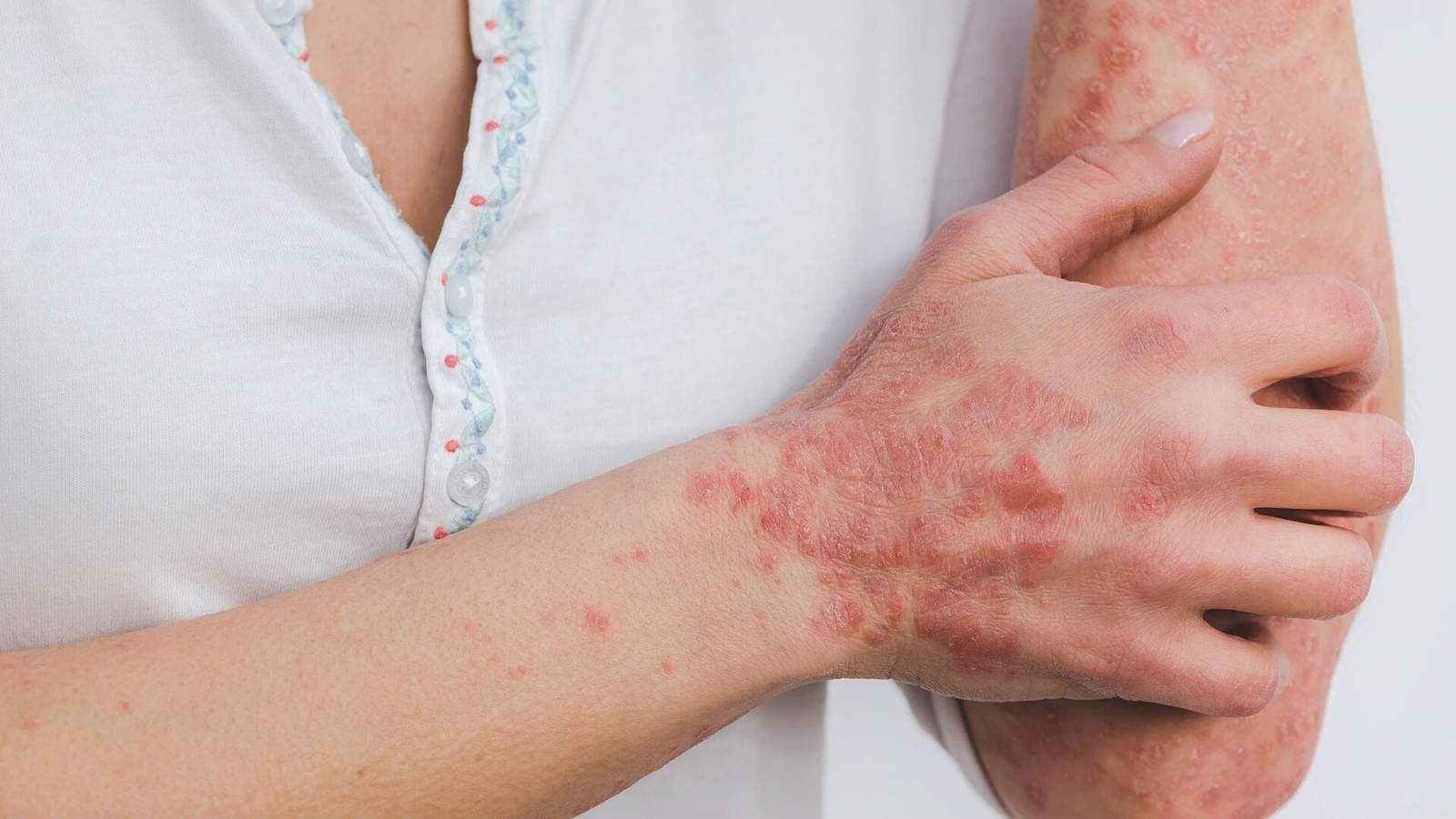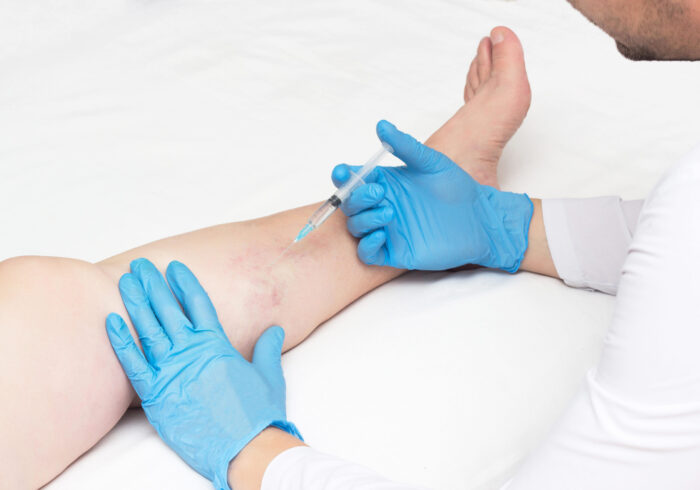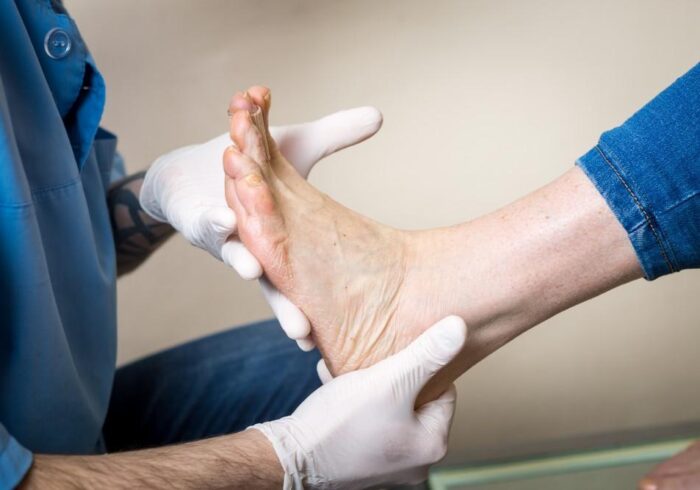Psoriasis can be challenging to manage due to the discomfort and evident nature of the condition’s symptoms. Psoriasis is an autoimmune disease characterized by an abnormally high rate of skin cell renewal. Skin becomes dry and scaly as a result of an overabundance of cells. Various reasons can trigger coupeville psoriasis flares, including skin infections, traumas, and certain environmental conditions.
- Stress
- Smoking
- Weather conditions
- Some pharmaceuticals
- Chronic alcohol abuse
Scaly areas of skin can develop into bleeding sores if not properly cared for. You may experience itching and burning from the skin areas. Depending on severity, these problems might be extraordinarily inconsequential or severely debilitating.
The following are some non-medical ways to help alleviate the discomfort of psoriasis and keep your skin supple and hydrated:
- Cut down on your shower time.
While practicing excellent hygiene to avoid becoming sick is crucial, you should keep your showers to no more than five minutes. You should only soak in the tub for up to 15 minutes.
More time in the water will cause your skin to dry out, which can aggravate the itch. In addition, boiling water might further dry up your skin, so it is best to stick to lukewarm water instead.
- Use a thick moisturizer after that.
Use a high-quality lotion after every shower to keep your skin from drying. In addition to relieving discomfort, the cream can also be used to prevent or lessen the itch.
- Resist the temptation to scratch
Instead of scratching an itch, try putting lotion on your skin. A topical anti-itch ointment can be applied to the skin to provide soothing moisture and relief from the itch. Itching can be alleviated with a cream containing camphor or menthol.
- Apply a cold compress
Applying a cold compress like an ice pack will help soothe your nerves and alleviate the itch. Because the nerve signals from hard skin to the brain are weaker, freezing can quickly relieve itchy, painful skin. However, damp rags can promote evaporation and irritate dry skin, so avoiding using them is best.
- Take care when removing scales
People living with Psoriasis can find relief from their symptoms by properly exfoliating their skin from the thick, flaky scales that result from the condition. Do not ever lift scales. If you do this, psoriasis flare-ups can become much more severe and could cause irreversible skin damage. Instead, a salicylic acid topical can be applied to remove the roughness. The scales should be easily removed after becoming pliable.








